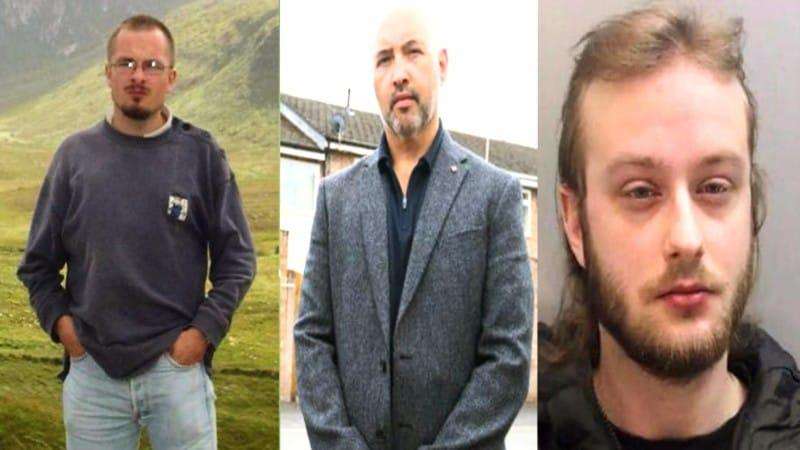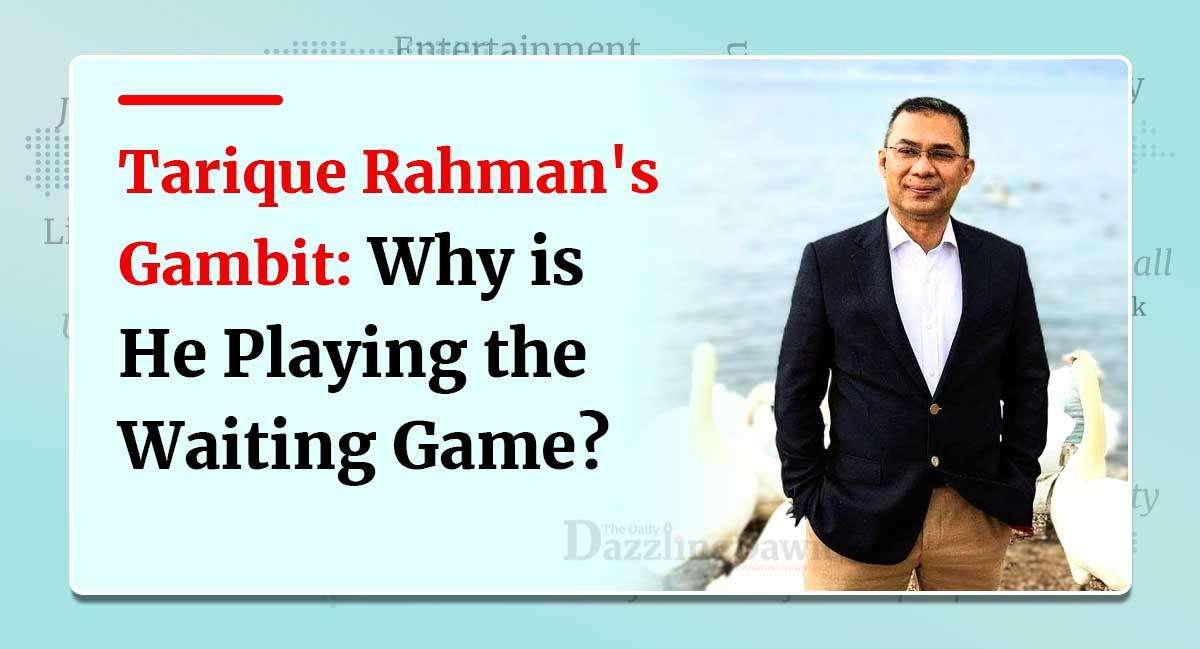Thom Rylance, lead singer of indie band The Lottery Winners, has dealt with panic attacks since childhood. However, he had never experienced one on stage—until last month.
"I have this outgoing version of myself who takes over during performances," he explains. "But at our Bournemouth show, he just didn’t show up."
Overcome with an intense feeling of dread, rapid breathing, and a racing heart, Rylance somehow managed to complete the gig without anyone noticing. In fan footage, he appears to be engaging as usual—encouraging the crowd to sing along and taking selfies during the encore. Internally, though, he felt like he had failed.
"I came off stage feeling awful, apologizing to everyone, saying I was terrible," he recalls. "But they all reassured me that the performance was fine."
At 35, Rylance has learned to mask his anxiety well, a theme he explores on The Lottery Winners’ latest album, KOKO, named after his grandmother’s comforting mantra: Keep on keeping on.
Late ADHD Diagnosis and a New Perspective
Diagnosed with ADHD just two years ago, Rylance describes the revelation as both freeing and bittersweet.
"It was like a weight lifted," he says. "I realized that so many things in my life weren’t my fault. But then I also grieved for the support I never had."
Reflecting on his school years, he remembers a teacher telling him that failing his GCSEs would ruin his life, leaving him in despair. Now, he visits schools to share his story, showing kids with ADHD that struggling in education doesn’t mean they can’t find happiness and success.
The Road to Success: A Long Journey
Speaking from Paris as The Lottery Winners wrap up their latest tour, Rylance reflects on the band’s slow climb to success. Formed in Leigh, Greater Manchester, in 2008, the group—comprising Rylance, Robert Lally, Katie Lloyd, and Joe Singleton—has faced years of setbacks.
In 2016, they signed with Sire Records after legendary music executive Seymour Stein called them "the best band since The Smiths." However, when Stein left the label the following year, the band lost their deal, delaying their debut album.
When the album finally arrived in 2020 under British indie label Morning Sky, the country went into lockdown, halting promotion. Still, their catchy indie pop and strong social media presence helped them build a dedicated fan base.
By 2023, their perseverance paid off—Anxiety Replacement Therapy, their third album, reached number one in the UK charts, beating big names like The National and Jessie Ware.
"For someone who grew up feeling like an alien, that was huge," Rylance says. "It’s a literal trophy with a number one on it!"
A Surreal Moment: Touring with Robbie Williams
Another milestone came when pop icon Robbie Williams heard their single You Again on BBC Radio 2 and invited them to be his support act.
"It was massive for me," Rylance admits, recalling how his first public performance was singing Williams’ Stronger on a school trip.
Since then, the two have formed a close friendship, speaking almost daily.
"Robbie’s like my therapist," Rylance jokes. "He has ADHD too, so he understands what overwhelms me. I even ask him random things, like how long to cook a pizza!"
Brushes with Fame and a Lesson in Humility
The band has collaborated with artists like Shaun Ryder, Nickelback, and Boy George ("a minor hit in Greece," Rylance laughs). He also struck up a friendship with Noel Gallagher after performing together, often seeking advice from the Oasis legend.
"I’ve texted him loads of times for guidance," Rylance says.
That support proved valuable when Rylance faced backlash for a tweet criticizing Kate Nash over her campaign for the live music industry. Mistakenly believing Nash had attended a private school, he accused her of posing as a working-class musician—a comment that quickly made headlines.
Embarrassed, he turned to Gallagher for advice.
"Noel just said, 'Tell them your new PR officer is me. I’ll say you’re too busy being mega to talk to the press.'"
Ultimately, Rylance chose to apologize and offer to work with Nash instead. Though it was a difficult moment, having Gallagher’s support helped him stay grounded.
Despite the challenges, Rylance remains grateful for where he is today. From battling anxiety and ADHD to leading a number-one band, his journey has been anything but ordinary—but, as his grandmother always told him, he’s keeping on.



.jpg)




.svg)

_1.jpg)